Heligoland Island Germany
Cruise Port schedule, live map, terminals, news
Region
Baltic - Norwegian Fjords - Russia
Local Time
2026-02-06 00:37
 31°F
31°F -0.3°C

 Fresh breeze
Fresh breeze8.9 m/s
 35 °F / 2 °C
35 °F / 2 °C 30 °F / -1 °C
Port Heligoland Island Germany cruise ship schedule shows timetable calendars of all arrival and departure dates by month. The port's schedule lists all ships (in links) with cruises going to or leaving from Heligoland Island Germany. To see the full itineraries (ports of call dates and arrival / departure times) and their lowest rates – just follow the corresponding ship-link.
| Day | Ship | Arrival | Departure |
|---|---|---|---|
| 8 May, 2026 Friday | 11:00 | 19:00 | |
| 10 May, 2026 Sunday | |||
| 25 May, 2026 Monday | 09:00 | 20:00 |
Heligoland Islands (port locode DEHGL), aka Helgoland, are located in Heligoland Bight (Germany), approx 70 km (43 mi) from Cuxhaven at the mouth of Elbe River. This small archipelago is in the southeastern part of North Sea (Europe). Helgoland Bight's total population is around 1200, all of which are ethnic Frisians.
Helgoland (translates as "holy land") are the country's only isles not in the immediate vicinity of mainland Germany. Traditionally, the locals are engaged primarly in sea fishing, seabird and seal hunting and piloting international ships into the Hanseatic (Hansa) cities' harbor waterways. The list of the largest Hansa (German) port cities includes Bremen, Hamburg, Lubeck, Rostock.
Under the German Empire (1871-1918), Heligoland became a major German Navy base.
During WW2 (1939-1945), in December 1939, the area was bombed by the Allies, targeting the German warships anchored here. In January 1940, the British Royal Navy lost 3 submarines here. During 2 waves of attacks, in April 1945 the British dropped around 7000 bombs on the islands, rendering them uninhabitable.
In the period 1945-1952, the islands (still uninhabited) were used as bombing range. In April 1947, the British Navy detonated here a huge quantity of explosives, creating one of the world's biggest non-nuclear detonation. The bombing targeted the fortifications.
Current-day Heligoland is holiday travel and resort destination. The islands have tax-exempt status as they are excluded from the European Union's VAT area. Much of their economy is based on selling cheaper tobaccos, alcohol and perfumes to the visiting tourists.
Heligoland Bird Observatory was founded in 1991 and is managed by a German non-profit organization.
A German maritime search and rescue base (covering the waters of North Sea and Baltic Sea) is also located here.
- Cruise Industry
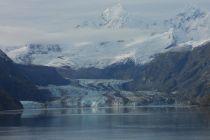
HX-Hurtigruten Expeditions unveils 2026-2027 season, marking 130 years of polar exploration
HX-Hurtigruten Expeditions has unveiled its 2026-2027 season, marking its 130th year of exploration. Building on its legacy as a pioneer in...
September 23, 2024 - Cruise Industry
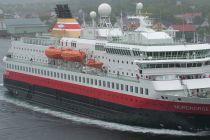
HX-Hurtigruten Expeditions unveils 2026-2027 itineraries, celebrating 130 years of exploration
HX-Hurtigruten Expeditions has unveiled its 2026-2027 expedition program, featuring new itineraries across Antarctica, Alaska, Greenland, Norway, and...
September 17, 2024 - Cruise Industry
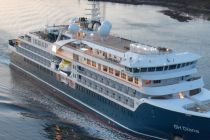
Swan Hellenic's largest ship, SH Diana, to be christened in Amsterdam by Valerie Ann Wilson
On Thursday, February 23rd, Swan Hellenic announced that the christening ceremony of its 3rd and largest ice-class cultural expedition ship, SH Diana...
February 24, 2023 - Cruise Industry
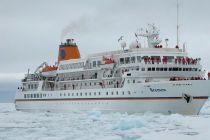
VIVA Cruises launches North and Baltic Seas cruises on MS Seaventure
The river cruise travel brand "Viva Cruises" (fleet) announced it is launching 4 new itineraries on the North Sea and Baltic Sea onboard the company...
November 21, 2020 - Cruise Industry
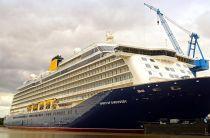
Spirit of Discovery to Host The Summer Soirees 2019
Four nights of live music and dancing on a mini-cruise to Amsterdam, Bruges and Heligoland gives Saga Cruises guests a taste of life onboard the new...
August 25, 2018 - Accidents
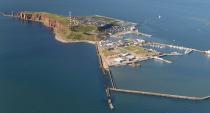
Ferry Collides with Pier in Heligoland Harbor
The ferry ship Helgoland carrying 78 passengers onboard has collided with a quay in Heligoland Harbor in Germany, North Sea, on December 31, 2017...
January 2, 2018 - show more news
